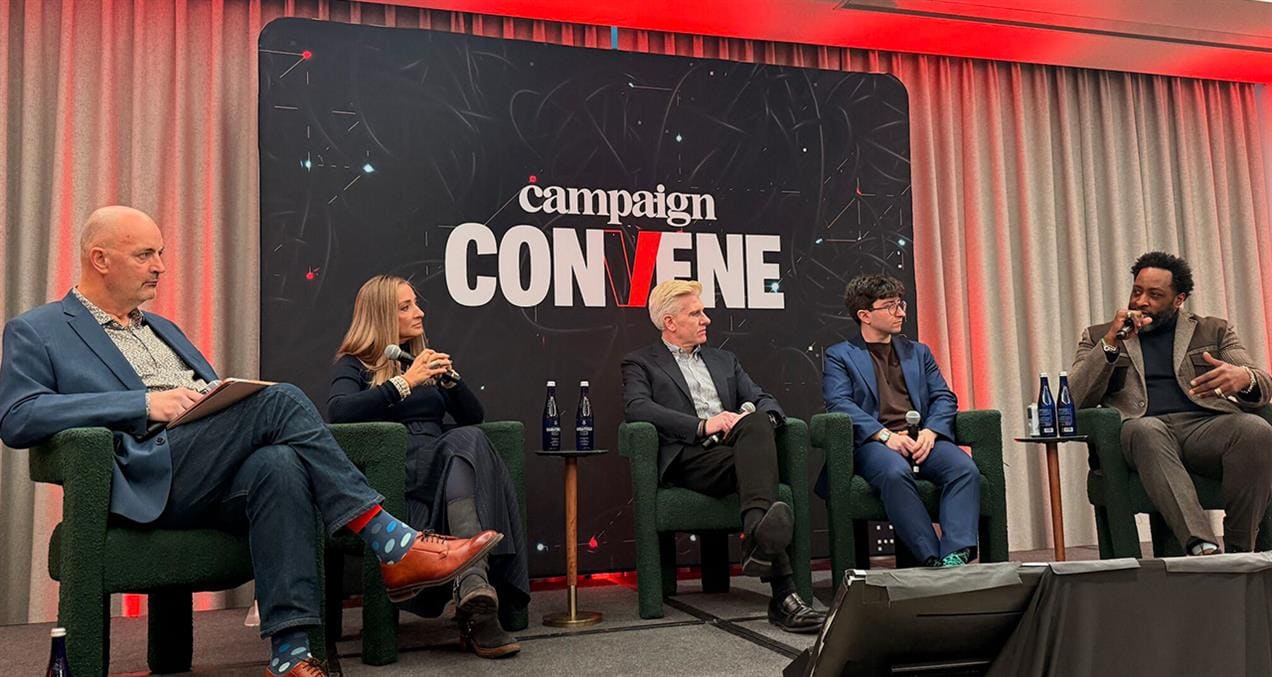Author
Amanda Anderson
4A's VP, Government Relations
Topic
- Government Relations
In a decision on March 14, U.S. District Court for the Eastern District of Texas Judge Marcia A. Crone ruled in favor of the plaintiffs in Coalition for Workforce Innovation v. Walsh, E.D. Tex., No. 1:21-cv-00130 to reinstate the Trump-era independent contractor (IC) rule. Her ruling determined that the Biden Labor Department violated the Administrative Procedure Act by delaying, then withdrawing, a Trump-era rule that made it easier for businesses to classify workers as independent contractors.
For the purposes of designating workers as employees vs. independent contractors under the Fair Labor Standards Act, the Trump-era IC rule applied an “economic-reality test” that primarily considers whether the worker operates his or her own business or is economically dependent on the hiring entity for determining a workers classification status. The Department of Labor (DOL) has traditionally analyzed a number of factors to consider whether a worker is an IC or employee and looked at “the totality of the circumstances.” The Trump IC rule applied a more-limited economic-realities test to determine whether workers are independent contractors or employees.
Over the past decade, and in large part due to the rise in gig economy workers, the status of ICs under the FLSA has been a point of scrutiny because the FLSA guarantees a minimum wage for all hours worked and overtime for any hours worked over 40 hours per week only for covered, non-exempt employees. The same guarantee does not apply to an IC. Agencies would be prudent to review their freelancer agreements to ensure proper worker classification criteria are met.
Related Posts




